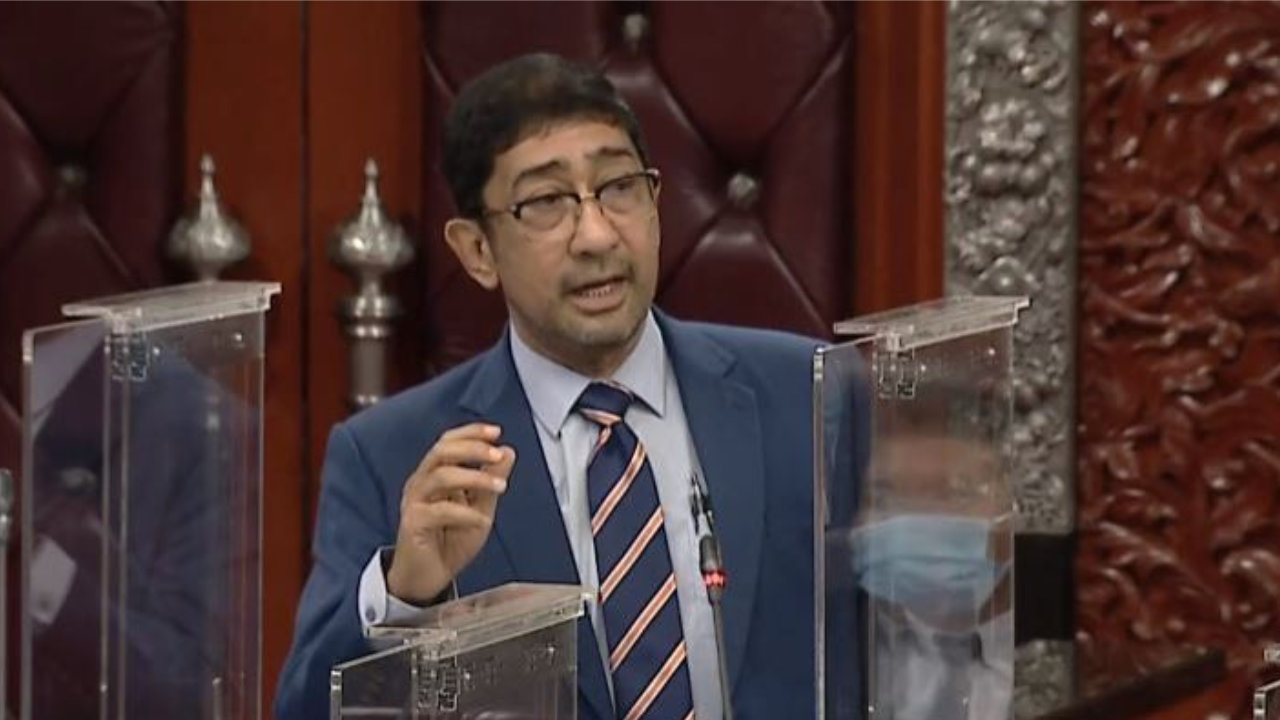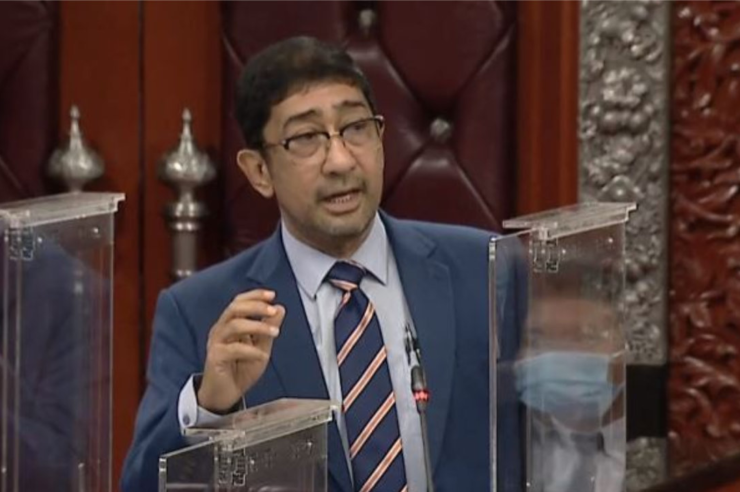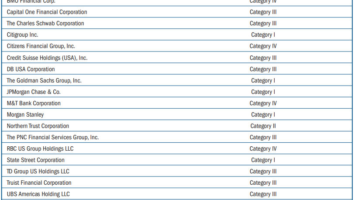
Malaysia’s communications ministry has proposed legalizing non-fungible tokens (NFTs) to increase the participation of young people in the cryptocurrency space. The crypto sector is under the purview of the central bank, Bank Negara Malaysia, and the Securities Commission.
Malaysian Ministry Wants NFTs Legalized
Malaysia’s Ministry of Communications and Multimedia has proposed legalizing non-fungible tokens (NFTs) “to help the younger generation who are actively involved in the space,” Malaysian national news agency, Bernama, reported Monday.
Deputy Communications and Multimedia Minister Datuk Zahidi Zainul Abidin was asked in Dewan Rakyat, the lower house of Malaysia’s parliament, about the government’s position on NFTs (non-fungible tokens) which have become increasingly popular, particularly among the younger generation.
Zahidi replied:
We hope the government will allow and legalize this so that we can increase the youth’s uptake of cryptocurrencies.
The deputy minister further revealed that the ministry is looking into ways to increase young people’s involvement in digital assets.
He noted that crypto activities are under the purview of the central bank, Bank Negara Malaysia, and the country’s Securities Commission.
Bernama originally stated that the deputy minister proposed to adopt crypto as legal tender. However, the publication soon removed the legal tender reference and changed its headline to say the deputy minister “proposes legalization of NFT, cryptomining activities.”
Earlier this month, Malaysia’s deputy finance minister said that cryptocurrencies, such as bitcoin and ethereum, are not suitable as a means of payment or a store of value. However, he noted that they still have many different uses, including as an asset class that can be invested in.
Meanwhile, Malaysia has been cracking down on illegal cryptocurrency mining activities. In December, the Malaysian police shut down a crypto mining operation and seized 1,720 bitcoin mining machines in an electricity theft crackdown. In July last year, the authority destroyed over 1,000 bitcoin mining machines with a steamroller.
What do you think about the Ministry of Communications’ proposal? Let us know in the comments section below.
Image Credits: Shutterstock, Pixabay, Wiki Commons
Disclaimer: This article is for informational purposes only. It is not a direct offer or solicitation of an offer to buy or sell, or a recommendation or endorsement of any products, services, or companies. Bitcoin.com does not provide investment, tax, legal, or accounting advice. Neither the company nor the author is responsible, directly or indirectly, for any damage or loss caused or alleged to be caused by or in connection with the use of or reliance on any content, goods or services mentioned in this article.






















Comments (No)